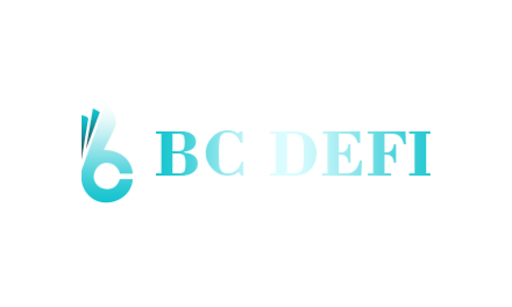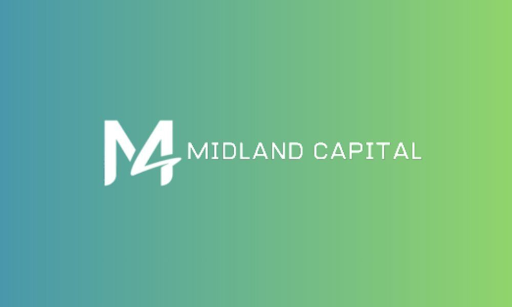Lobby Finance Leads Arbitrum DAO While Paulo Fonseca Launches 10% Reward Program

Lobby Finance has become the largest delegate in Arbitrum's DAO, gaining control over the voting power of over 20 million ARB tokens. The organization achieved this position through a single on-chain transaction, as reported by Arbitrum delegate Paulo Fonseca on January 25, 2025.
ok… story time… a story about what I believe to be the biggest governance move to date. https://t.co/8BESsnhAyE
— Paulo Fonseca (@paulofonseca__) January 25, 2025
In response to these changes, Paulo Fonseca has launched a 10% Delegatooor Kickback Program, offering a new approach to token delegation. Under this program, Fonseca pledges to pay every wallet that delegates ARB tokens to him a 10% share of all earnings he receives from Arbitrum DAO during that year. The program includes a detailed calculation system for distributing rewards proportionally among participating wallets.
The shift in voting power gives Lobby Finance control of 2.2% of all possible votes in the Arbitrum DAO. To put this in perspective, the last two proposals in the DAO received 20.65 million and 191.44 million votes respectively, making Lobby Finance's current voting power equivalent to 9.8% of the last vote and 10.67% of the one before it.
Arbitrum, which processes more than 1.5 million transactions per day, is one of Ethereum's leading Layer 2 protocols. The system reached a record high of 5.1 million transactions at the end of 2023. Changes to the protocol are decided by the Arbitrum DAO, where each ARB token equals one vote. Fonseca has been tracking proposals since September 2024 and conducting regular Friday chats about DAO operations.
Lobby Finance has expanded beyond traditional delegation by creating a website where users can buy votes and influence proposal outcomes. The platform offers two participation options: an instant buy feature for immediate vote casting or joining an auction pool for multiple users. Their influence extends across various Layer 2 protocols, holding over 2.3 million votes in the Base DAO, 490,000 in the ZkSync DAO, nearly 28,000 in the Optimism DAO, over 24,200 in the Manta DAO, and 899 in the Scroll DAO.
Fonseca's new program adds another dimension to the delegation ecosystem. He provides a transparent spreadsheet for tracking reward distributions and explains that rewards will be calculated based on each delegator's proportional share of voting power throughout the year.
Here is an example spreadsheet that you can copy and play around with the amounts in the stroked boxes, to see how this would work in more detail.
For example, if three wallets delegate 20, 10, and 100 ARB respectively, they would receive 14.29%, 14.29%, and 28.57% of the total rewards pool.





